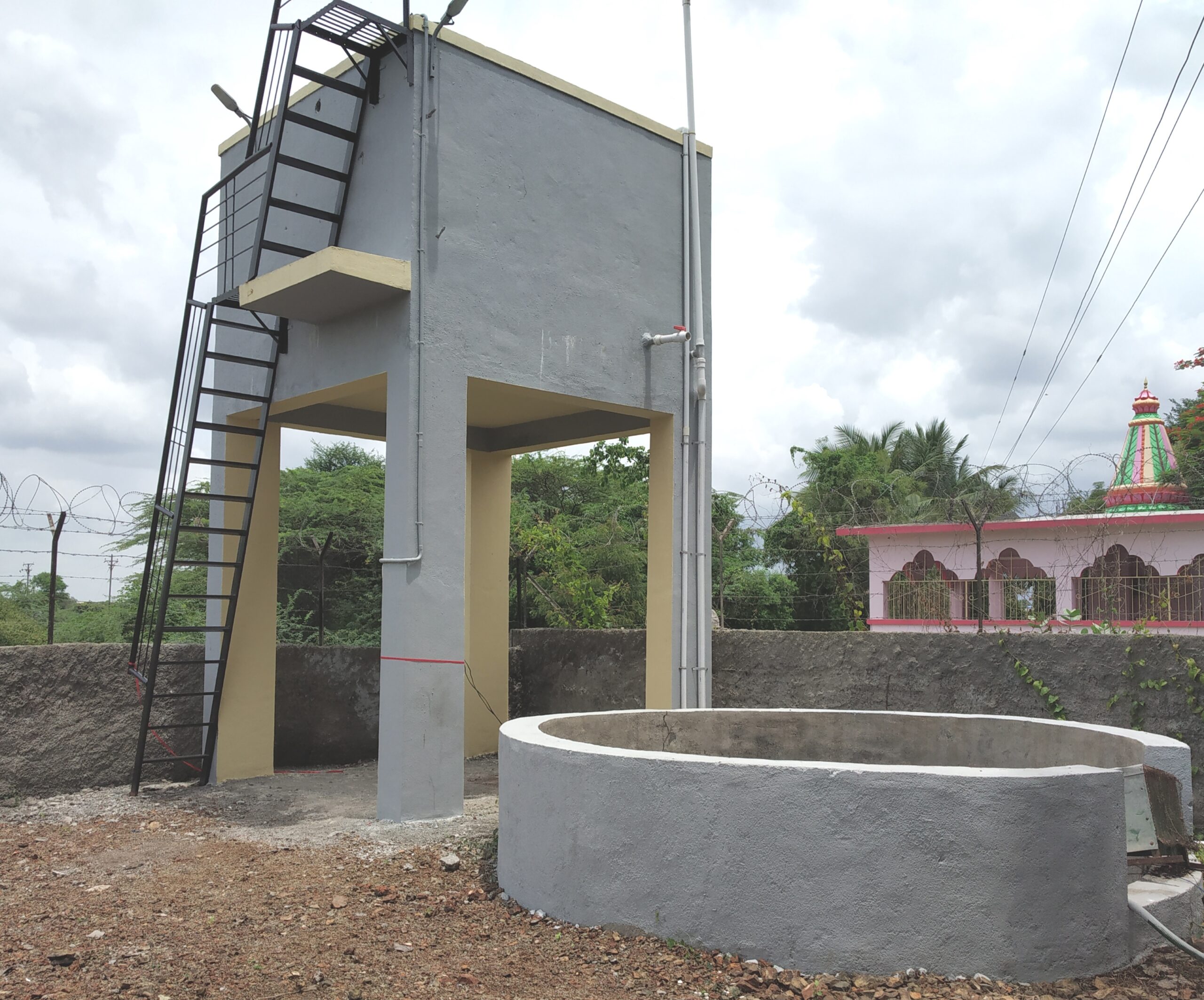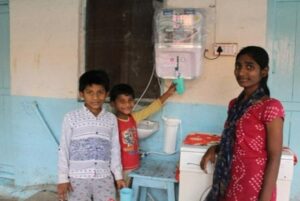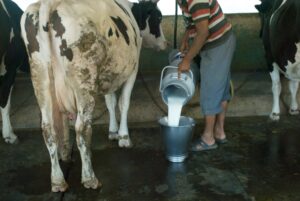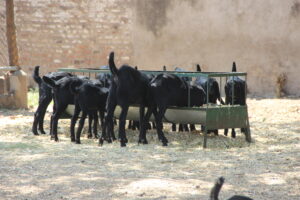
In the pursuit of a healthier and sustainable future, the Pandita Ramabai Mukti Mission stands as an example of how organizations can implement effective strategies for clean water, sanitation, and clean energy. By prioritizing these essential pillars of sustainability, the Mission not only fosters the well-being of its residents but also demonstrates a commitment to environmental stewardship. These initiatives taken by the Mukti Mission ensure access to clean water, promote sanitation, and harness clean energy, opening pathways to health and sustainability for all.
Ensuring Access to Clean Water
Access to clean water is a fundamental human right and a cornerstone of healthy living. The Mukti Mission recognizes this crucial aspect and has taken significant steps to ensure access to clean water for its residents. Implementing rainwater harvesting systems, the mission captures and stores rainwater during the monsoon season. This innovative approach not only conserves water but also reduces the dependency on external water sources. Additionally, water purification technologies are employed to treat water from various sources, making it safe and potable for the community.
Promoting Sanitation for Community Well-being
Sanitation plays a vital role in maintaining public health and environmental integrity. The Pandita Ramabai Mukti Mission takes pride in its comprehensive sanitation practices, ensuring a hygienic environment for all residents. Proper waste management systems are in place to recycle waste, minimizing the mission’s ecological footprint. Moreover, the promotion of good hygiene practices and education on waste reduction further reinforces the importance of responsible sanitation within the community.
Harnessing Clean Energy for Sustainable Living
A significant step towards sustainability is the adoption of clean energy sources. The Mukti Mission has embraced this vision wholeheartedly and is implementing clean energy solutions to power various aspects of its operations. Solar panels are placed in strategic locations, harnessing abundant sunlight to generate renewable electricity. This shift to clean energy not only reduces the mission’s reliance on fossil fuels but also significantly cuts down greenhouse gas emissions. Through this initiative, Pandita Ramabai Mukti Mission showcases its commitment to contributing to a cleaner, greener world.
Empowering Communities for Long-term Sustainability
One of the remarkable aspects of the Mukti Mission’s sustainability practices is its emphasis on community empowerment. Recognizing that sustainability extends beyond just technological solutions, the mission engages with its residents to create awareness and instill a sense of responsibility towards the environment.
Building Resilience for the Future
The commitment of Pandita Ramabai Mukti Mission to clean water, sanitation, and clean energy goes beyond immediate benefits; it is about building resilience for the future. By adopting sustainable practices, the mission is better equipped to withstand environmental challenges and secure the well-being of its residents in the face of uncertain times. This forward-thinking approach not only serves as a model for other communities but also demonstrates the importance of proactive sustainability measures in safeguarding human health and the planet.
The Pandita Ramabai Mukti Mission sets a remarkable precedent for organizations looking to embrace sustainability practices that prioritize clean water, sanitation, and clean energy. Through its efforts, the mission opens pathways to health and sustainability, ensuring access to clean water, promoting sanitation, and harnessing clean energy sources. By empowering communities and building resilience for the future, the mission exemplifies the transformative impact of sustainable practices in creating a better world for all. As we navigate the challenges of a rapidly changing world, the Mukti Mission serves as a beacon of hope and inspiration, reminding us of the power of collective action in nurturing both human well-being and environmental harmony.





